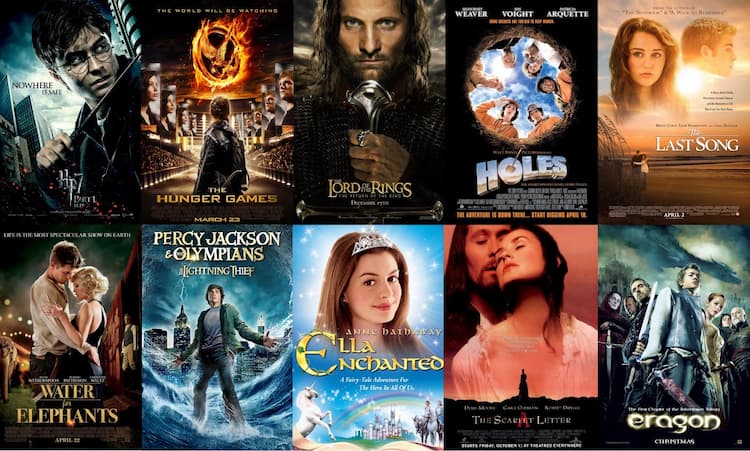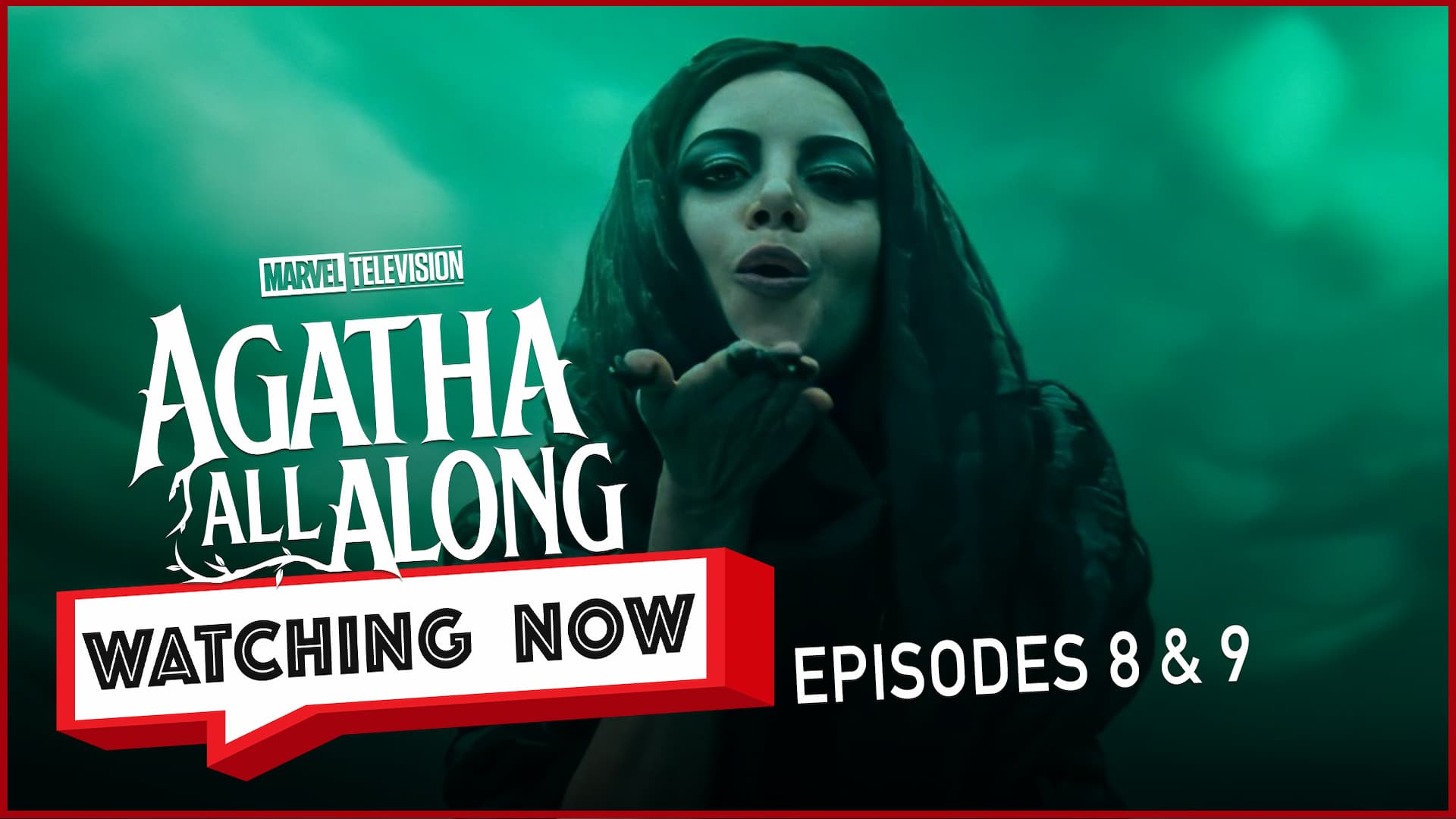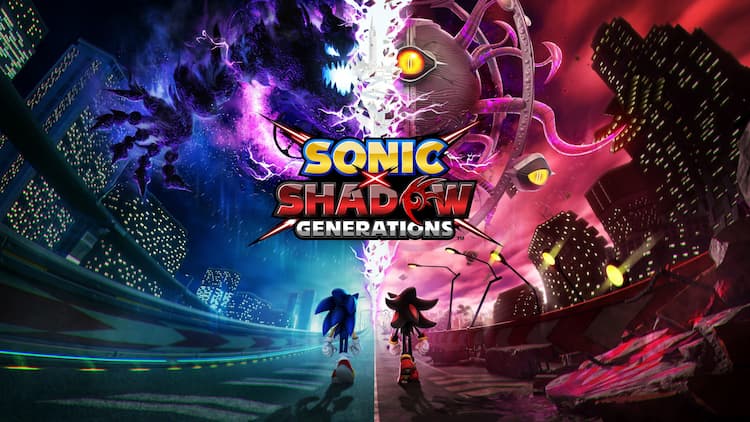
I know what you’re thinking. There have been plenty of books put on screen that have been successful. Lord of the Rings, Game of Thrones, Harry Potter, and The Hunger Games come to mind first. These are huge franchises with huge audience followings. Though these four are great examples, let’s think about the number of movies made that have been ‘based on’ a story already written.
As we dive into this subject, let’s examine the movie industry’s thought process. According to this article, “Adapted films are more popular and successful than original screenplays because the book or author already has a following that equals a guaranteed audience which ensures that it will not ‘flop’ at the box office.” In short, they have an already-established audience that the film (or show) industry is banking on to show up and support the endeavor. Amazingly, 70% of the world’s top 20 grossing films are based on books.
Then why does this article title have the word “fail” in it? We have now arrived at the point. Just because a film (or show) adaptation is successful monetarily doesn’t always equal fan satisfaction. Let’s take the Harry Potter movies, for example. I am a massive Harry Potter fan. (see all my other Harry Potter articles on the site). As each movie came out, no one wanted to go with me to see it because I would come out discussing everything wrong with it. Did that stop them from being successful, building theme parks, or creating video games? Absolutely not.

What I’m getting at is this: having a film adaptation of a book removes the ability for your imagination to take precedence. We are now looking at the universe based on the director’s imagination and interpretation of the book. Yes, the author can typically be involved in the creative process, but again, it removes that ability for your own imagination to picture the people, places, and situations you read on paper. Of course, there are descriptions given of any scene, but one person’s vision of a long flowing cloak may have a different length or vision than mine. Even the half-moon spectacles on Albus Dumbledore’s face could have a different appearance than what is given in the film. Any variation is a possibility that the film (or show) removes.
As a different example, I watched the first The Hunger Games movie prior to reading the book….and I hated it. I didn’t understand what was happening or why, and the concept didn’t compute. I then read the book, re-watched the movie, and allowed the pieces to fall into place.
To further exacerbate the point, I’d like to invite you to view other opinions on why book adaptations fail. On this Reddit thread named “Why are Adaptations so Controversial?,” C.T_Phipps said it eloquently:

In a comment just below Mr. Phipps, Dorangos had this to say to cover both the GoT mentioned above and to explore the thought that this article was written based on why Hollywood is currently beefing with the MCU:

Throneofsalt then chimed in to really nail the coffin closed.

In this StudyBreaks article examining what exactly makes book fans riot so hard if the adaptation doesn’t meet their expectations, they are speaking specifically of Annabeth’s hair in the Percy Jackson adaptation. The book had her defining feature as her blonde hair, and the movie changed it to brown. The article states, “A seemingly small choice like this on the part of the director has repercussions for the audience’s trust in the film and therefore impacts its commercial success, which was serious enough that in the second Percy Jackson film, the actress’s hair was dyed blonde.”
To summarize, it seems as if this is more of a hot topic than the average person would be aware of. There are good (and bad) points if you search the internet long enough. Books hold a special place in most people’s hearts, and the adaptations typically lose the ‘spirit’ of the book.
I’m not saying all is wrong and all are bad. It’s a dream to see these familiar places in the film, then possibly visit them in real life and say, “this is the Gryffindor common room” or “this place in Croatia is King’s Landing. How cool!” And no, fan satisfaction doesn’t pay the bills, but don’t we all want our own little place to escape to? And don’t we all want to curate it ourselves? This was meant to be food for thought, and I hope it invokes some comments from those reading it! Let us know down below!



